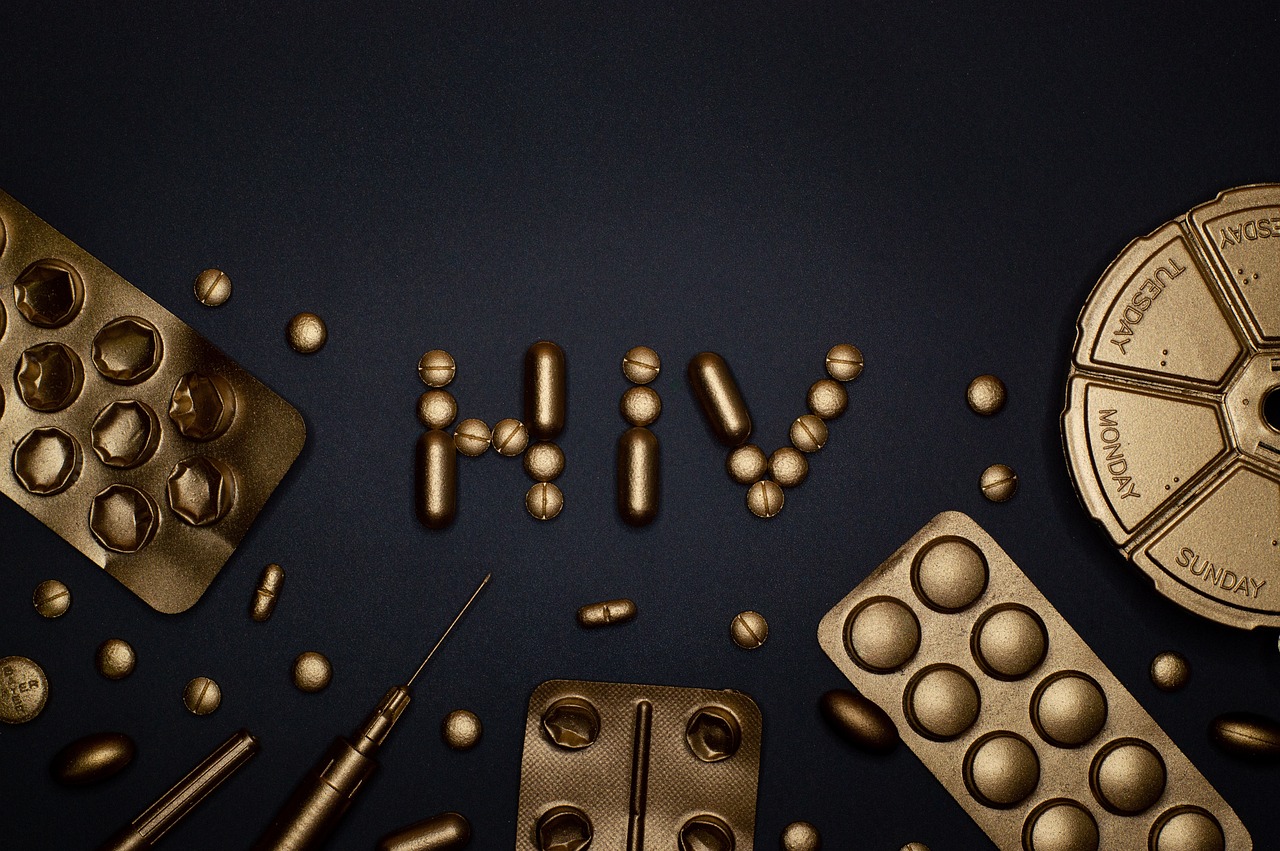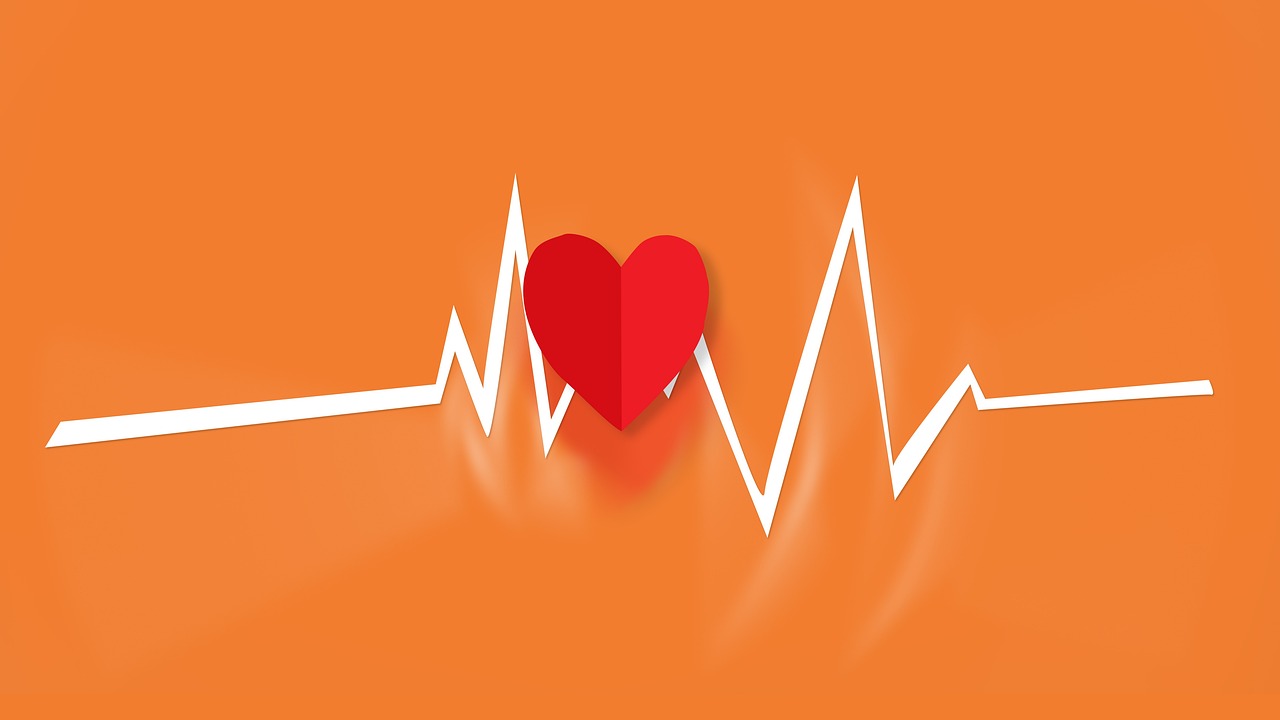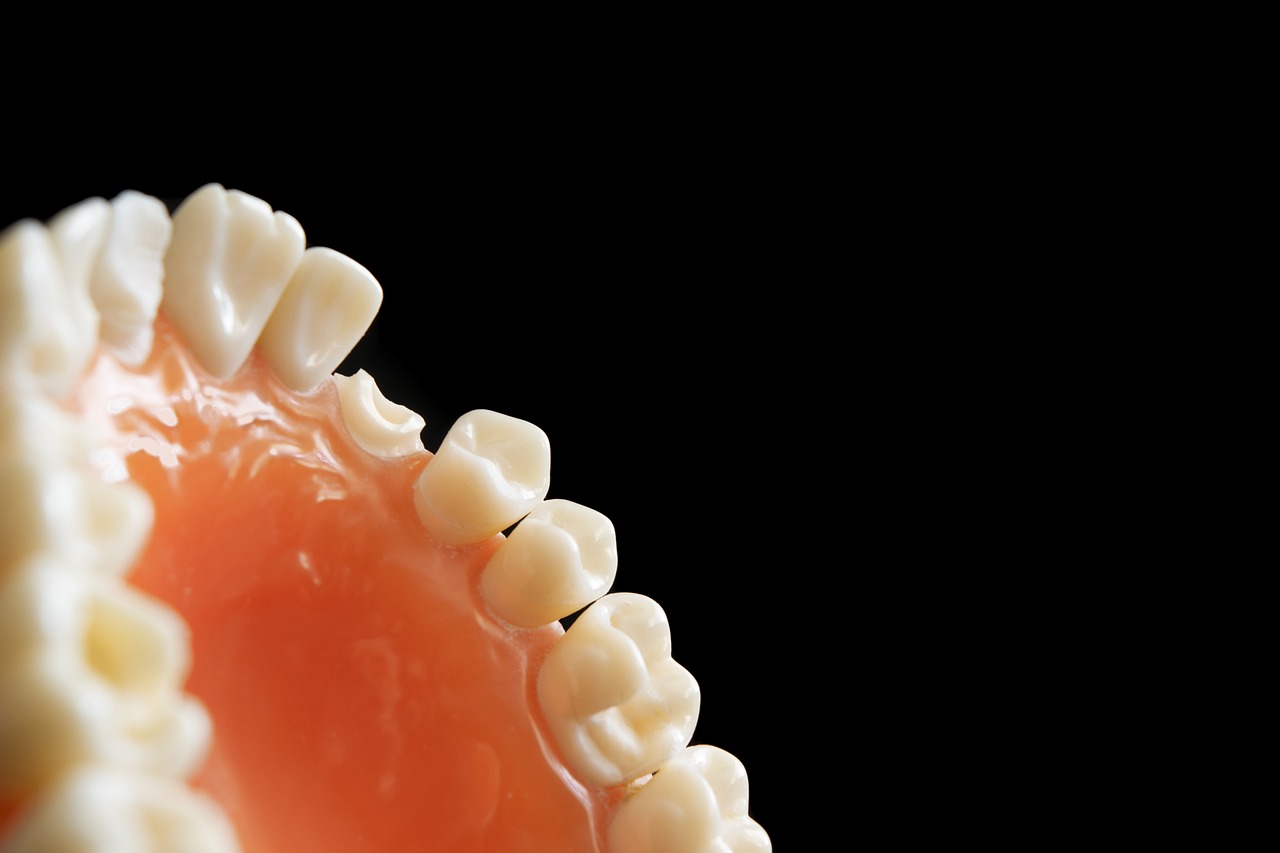Can kissing spread AIDS or not? What are the main ways of spreading AIDS? Is there a risk of contracting AIDS if it’s a tongue kiss? Let’s discuss this topic together.
HIV exists in human blood, semen, vaginal secretion, breast milk, amniotic fluid, prostate fluid, wound exudate and other body fluids, sweat, saliva, urine, tears and other body fluids do not contain or contain a very small amount of HIV.
How is HIV transmitted from one person to another? To put it simply, there is an exchange of body fluids, i.e., the body fluids of an HIV-infected person enter the body of an uninfected person.
As we know from some popular science works or on the Internet, there are three ways of transmission of AIDS, namely, sexual transmission, blood transmission and mother-to-child transmission.
Sexual transmission – During sexual intercourse, men will secrete prostate fluid and ejaculate semen, and women will secrete vaginal fluid. Since it is the male’s genitals that enter the female’s body, the probability of male-to-female transmission is usually 10 times higher than the probability of female-to-male transmission. If condoms are used throughout, correctly, and every time during sexual intercourse, there is basically no exchange of bodily fluids involved, so HIV transmission is basically not possible. The probability of preventing sexual transmission of HIV by correct condom use is over 99%.
Blood Transmission – The scope of blood transmission is very broad, such as blood transfusion due to disease, bleeding from kissing resulting in a break in the mucous membrane of the mouth, sharing syringes for drug use, and so on. When men have sex with men, the mucous membrane of the rectum will also be broken and bleed. Normally, we attribute transmission from men having sex with men to the sexual route, but in fact, it can also be attributed to blood transmission. It is because the rectal mucosa ruptures and bleeds when men have sex with men that men who have sex with men are at a much higher risk of contracting HIV.
Mother-to-child transmission – HIV-infected women can transmit HIV to their unborn child during pregnancy, childbirth and breastfeeding. Therefore, HIV-infected pregnant women must undergo cesarean section and artificial feeding, and must be treated with antiretroviral therapy during pregnancy, so as to minimize the risk of infection to the unborn child.
Can kissing spread AIDS? Normally kissing does not transmit HIV! However, if both partners have mouth ulcers and blood exchange occurs, this has the possibility of HIV infection; if it is a deep French kiss, tongue kiss, etc. that causes the mucous membrane of the mouth to break and bleed, this also has the risk of HIV infection; courtesy kissing does not.
Please believe in science, pay attention to HIV, prevent HIV, and do not panic too much about HIV.



